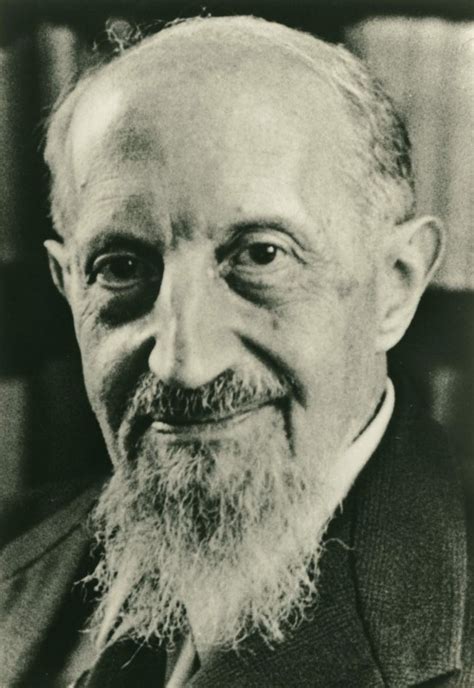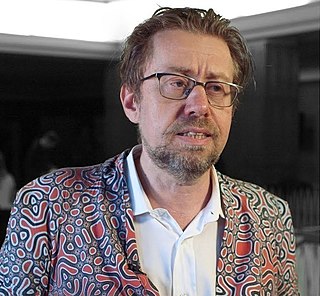A Quote by Carl Jung
In sleep, fantasy takes the form of dreams. But in waking life, too, we continue to dream beneath the threshold of consciousness, especially when under the influence of repressed or other unconscious complexes.
Related Quotes
Dreams are imperfections of sleep; even so is consciousness the imperfection of waking. Dreams are impurities in the circulation of the blood; even so it's consciousness a disorder of life. Dreams are without proportion, without good sense, without truth; so also is consciousness. Awake from dream, the truth is known: awake from waking. The truth is: The Unknown
A novel is what you dream in your night sleep. A novel is
not waking thoughts although it is written and thought
with waking thoughts. But really a novel goes as
dreams go in sleeping at night and some dreams are like
anything and some dreams are like something and some
dreams change and some dreams are quiet and some dreams
are not. And some dreams are just what any one would
do only a little different always just a little
different and that is what a novel is.
The lucid dream, located as it is at a crossroads between worlds and states of consciousness, places the magician in a unique position to influence the delicate balance of consciousness and the interplay it has on matter in the waking state, and is thus an opportunity to test one's ability in the art of adjusting the mutable fabric of Maya.
The best indicator of your level of consciousness is how you deal with life's challenges when they come. Through those challenges, an already unconscious person tends to become more deeply unconscious, and a conscious person more intensely conscious. You can use a challenge to awaken you, or you can allow it to pull you into even deeper sleep. The dream of ordinary unconsciousness then turns into a nightmare.
The unbroken realization that you are indivisible from the universe, from universal consciousness, from the source of everything - that you are that source, that there is no other, no second, nothing that is not part of that unity, except as transitory illusion. If you could maintain that realization at all times, through waking and sleeping states of consciousness, across the threshold of death itself, what would you be?
Science and Technology revolutionize our lives, but memory, tradition and myth frame our response. Expelled from individual consciousness by the rush of change, history finds its revenge by stamping the collective unconscious with habits, values, expectations, dreams. The dialectic between past and future will continue to form our lives.
How is it to be explained that something inside me revolts against the playing of obvious moves? Perhaps we may perceive the underlying reason in the fact that I derive satisfaction from seeking to reveal the concealed meaning of a position by means of maneuvering play and therefore I do not wish to see this satisfaction curtailed by a banal, more or less fortuitous decision. Naturally, this phenomenon is played out beneath the threshold of consciousness. The waking consciousness will, of course, in each individual case, give preference to the more rapid means of deciding the game.




































